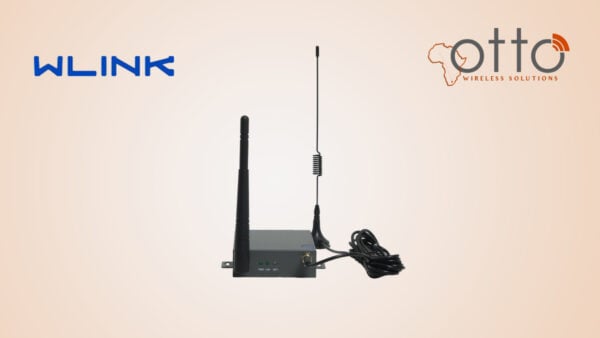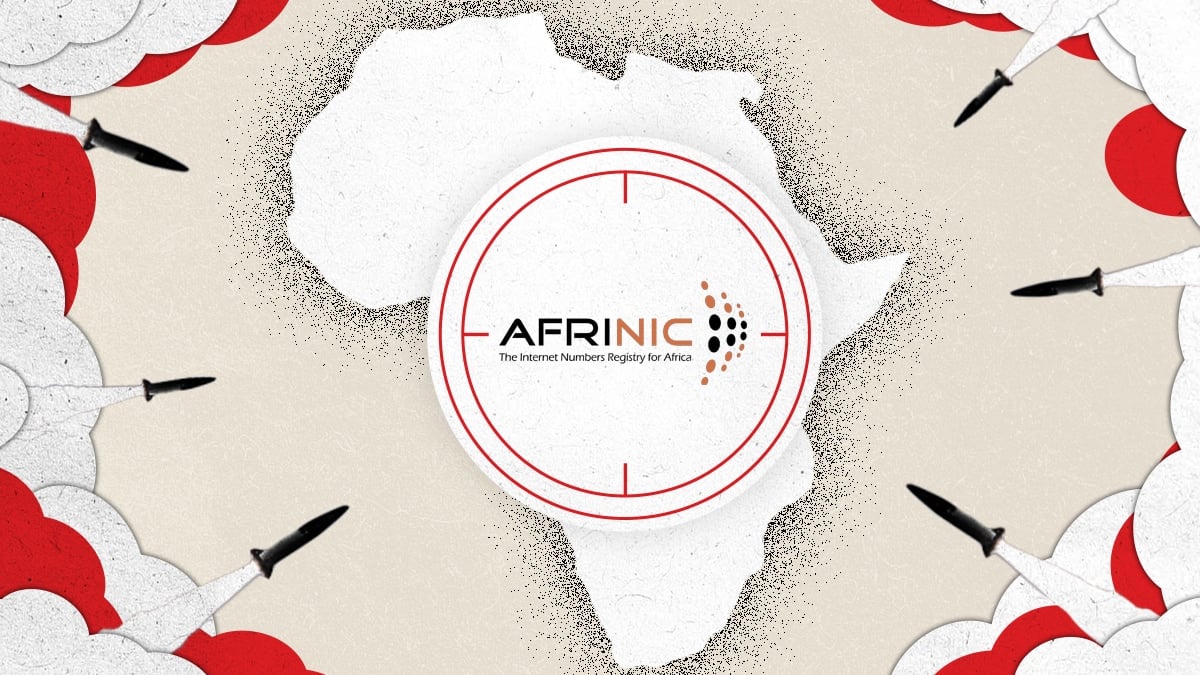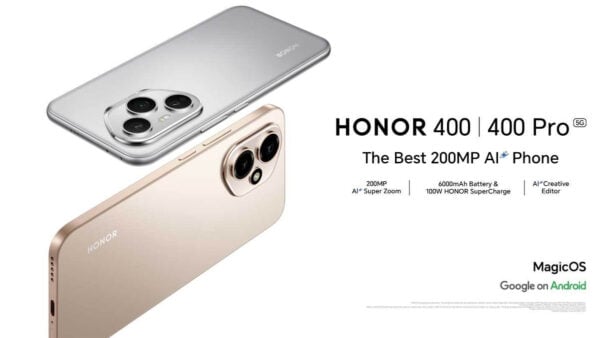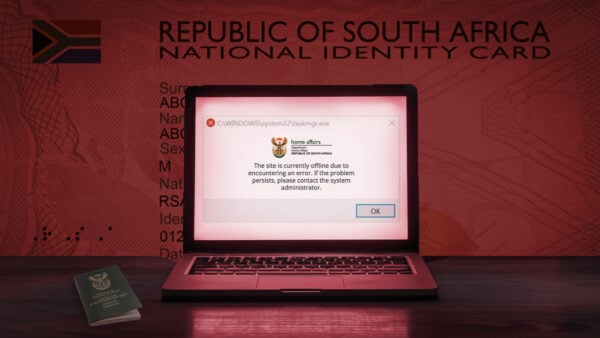People’s mobile call data records now used for credit scores in South Africa

TransUnion Africa, in partnership with MTN and its API marketplace, Chenosis, has launched a credit score alternative called TransUnion Telco Data Score.
The companies describe the service as a first-of-its-kind credit scoring solution that uses mobile phone call data records to help millions of South Africans with limited or no formal credit history gain access to financial services.
It uses call data records (CDR), which TransUnion explained reflect patterns in mobile phone network usage behaviour and correlate to an individual’s financial behaviour.
Cellular call data records being used for a credit scoring system raises several interesting privacy, security, and legal questions.
Even law enforcement in South Africa is not supposed to be able to access call data records without an order from a designated RICA judge.
Therefore, this raises several questions: Who has access to this data? How is it processed and stored? How can a telecommunications network customer opt out of this system?
TransUnion and MTN’s launch announcement answered none of these questions; instead, it provided only assurances about consent and compliance.
The companies said that the use of CDR data is subject to explicit consumer consent and is managed in compliance with South Africa’s Protection of Personal Information Act.
It clarified that MTN was responsible for consent management and will ensure that Chenosis facilitates the connection between MTN’s data ecosystem and partners like TransUnion in a secure and scalable manner.
“This partnership demonstrates how mobile technology and secure data sharing can support positive change in the financial sector and unlock new opportunities for millions of South Africans,” said MTN Group chief commercial officer Selorm Adadevoh.
“We are committed to ensuring that data is used responsibly, with the customer’s interests at the forefront. This is a model of what responsible innovation can look like.”
Chenosis products and platforms head Waseem Amra said that they enable collaboration between mobile operators and solution providers while maintaining high security and compliance standards.
“This partnership highlights how secure data access can support innovation in financial services that can transform lives,” said Amra.
Considering the past data breaches at TransUnion and Experian, and reports of property companies using TransUnion data for direct marketing purposes, it would be reasonable for people to ask questions.
Last year, a hacking group also claimed to have infiltrated South Africa’s financial system by breaching credit bureaus TransUnion, Experian, and XDS. All three denied that there had been any unauthorised access.
MyBroadband contacted MTN and TransUnion for comment but they did not provide feedback by publication.
However, in their statement announcing the service, the companies emphasised that it would provide millions of underserviced people with access to credit for the first time.
Creating opportunity, empowering lenders, and growing the economy

“By using telco data as a proxy for financial reliability, the TransUnion Telco Data Score enables lenders to accurately assess new-to-credit consumers and expand access to safe, affordable credit,” TransUnion said.
According to TransUnion estimates, over 1.4 million credit-invisible South Africans open new credit accounts each year, contributing to more than four million new accounts over the past three years.
However, traditional scoring models often fail to assess this segment accurately, leaving more than 16 million adults outside the formal credit system.
Approximately 35% of new-to-credit consumers are under the age of 25, many of whom are new to the workforce and often use credit to buy clothing for work.
TransUnion said this highlighted the need for innovative tools that support younger, digitally active individuals who may lack a conventional credit footprint.
It said that successfully integrating these and other excluded consumers into the economy could add approximately R173 billion to South Africa’s GDP.
“With over 500 million people across the continent excluded from formal financial systems, the scale of the challenge is undeniable,” said TransUnion Africa CEO Lee Naik.
“Traditional data models fail to reflect the realities of African consumers, leaving millions without access to credit and the opportunities it enables. Financial inclusion isn’t just part of our mission, it’s our mandate.”
Call data already in use

TransUnion said it has conducted pre-launch validations across the retail and banking sectors. TransUnion Telco Data Score demonstrated a 25–35% improvement in predictive performance over previous alternative data models.
By adopting TransUnion Telco Data Score, it said lenders could better predict user behaviour and support responsible lending by ensuring that credit users at risk of default are not overexposed.
The product also helps new-to-credit consumers establish and build their credit footprint over time.
According to TransUnion data, low-risk individuals significantly increase their credit exposure within 18 months of becoming credit active, underscoring the long-term benefits of responsible financial inclusion strategies.
“Together with MTN and Chenosis, we are building a future where every South African, regardless of their financial history, has the chance to be seen, to be trusted, and to thrive,” stated Naik.
“When financial institutions can measure risk more effectively, they can lend more confidently, and more consumers can access opportunity, and that’s a win for everyone.”
































